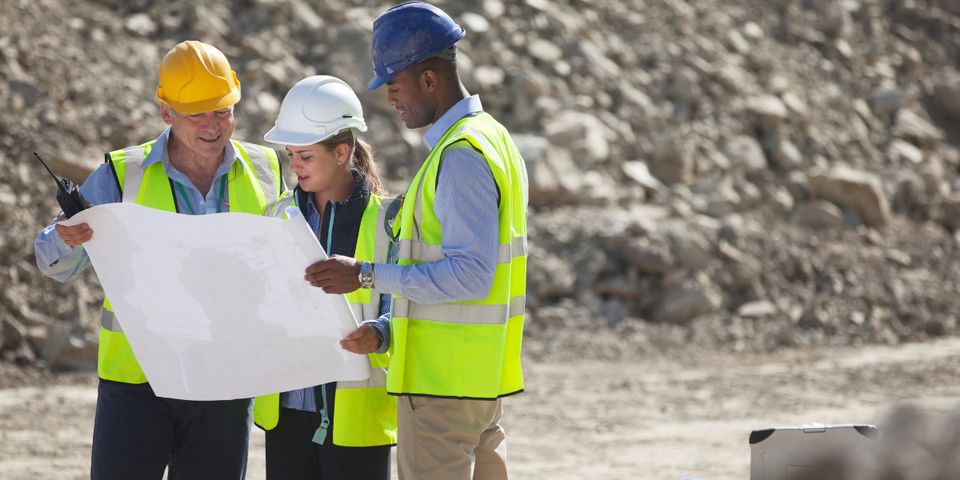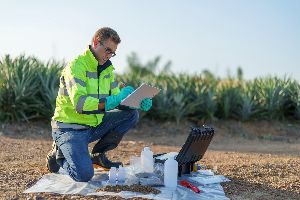3 Types of Soil and How They Affect Construction

A building's foundation is critical to sturdy construction as it supports the entire structure. But a strong foundation also needs support from the ground on which it is built. That's why geoscientists study the different types of soil and how they can affect construction. Keep reading to learn about three common types of soil and how they could impact your project.
What Are Some Common Soil Types?
1. Clay
Clay is a soft and loose soil made of extremely small particles. According to geoscientists, these characteristics allow it to store water well, causing it to expand when it's wet and shrink when it's dry. These extreme changes can put significant pressure on a foundation, leading to cracks and weakening.
When building on clay, consider alternate construction techniques such as a pier-and-beam foundation, which consists of wooden piers driven deep into the ground. Beams are then laid across the piers to support the structure safely above the extreme pressures created by clay soils.
2. Silt

According to geoscientists, silt is formed as glaciers and permafrost erode large rocks, making it one of the most common soil types found in Alaska. It consists of rock and mineral particles that are larger than those found in clay, but smaller than those in sand and gravel.
Like clay, silt retains moisture, causing it to expand and shrink. The resulting pressure can cause roads to buckle and crack. Treating silty soil with lime or concrete before construction can decrease its expansion and limit the damage to paved roadways.
3. Sand/Gravel
Sand and gravel are formed by geologic processes such as volcanoes, glaciers, wind, and tides. Containing large particles of crushed stone, this soil type is common in many parts of Alaska. Sand and gravel do not retain moisture when compacted, making them well-suited to support many types of construction projects.
However, geoscientists warn that when wet, the particles can lose their friction and wash away, weakening the foundation's support. Ensuring proper drainage on your property can help avoid this problem.
The team of experts at GeoTek Alaska in Anchorage uses state-of-the-art technology and proven techniques to provide the most accurate subsurface data for environmental and geotechnical purposes. They specialize in soil and groundwater sampling. For the least disruptive and most cost-effective analysis of your soil, contact them at (907) 569-5900 or visit their website today.
About the Business
(6 reviews)
Have a question? Ask the experts!
Send your question

